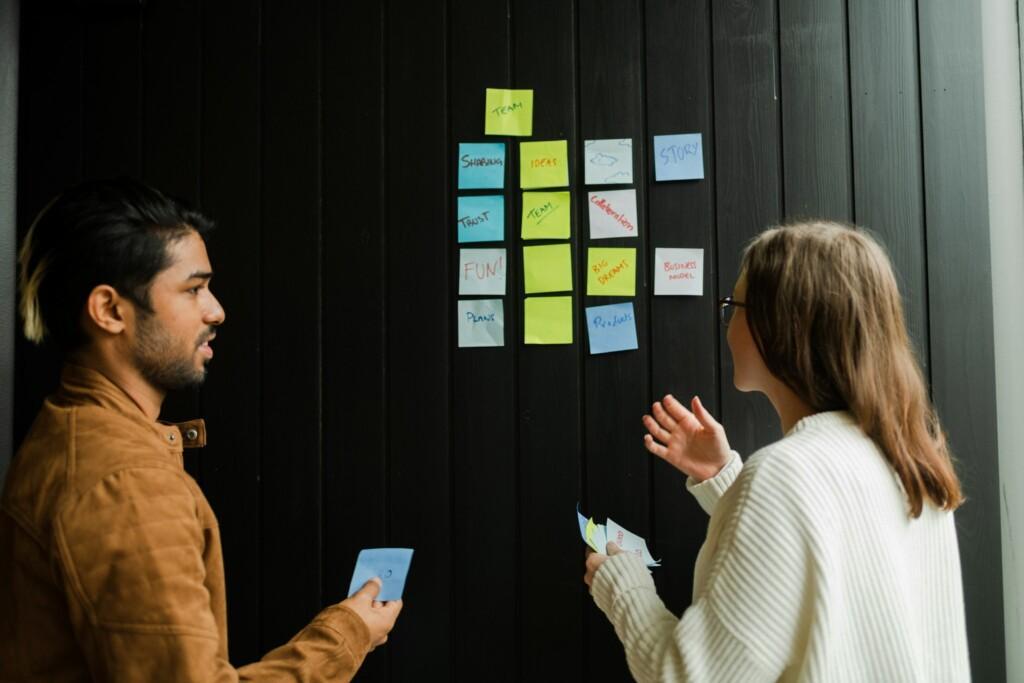
Building Team Sustainability Competences through Digital Open Badges
As we offer studies in sustainable entrepreneurship, the HUBS team must also maintain and grow our own sustainability competence. Join our coach Sanna to explore how digital open badges support the development of our sustainability skills!
Contact person

Sanna Tahlo
Coach
In this blog, HUBS’ Sanna shares her thoughts on sustainability expertise and digital badges.
HUBS’s sustainable entrepreneurship team set a goal for 2024 to develop sustainability skills. The theme of sustainability was approached with a training session in February, which I facilitated with my colleague Maria. The workshop focused on sustainability, particularly from an environmental perspective, and together we explored GreenComp, the European sustainability competence framework.
During the workshop, we utilized the method of future retrospection to brainstorm and think about personal goals for the year related to strengthening sustainability skills.
One of my own goals was to earn digital open badges which I had heard about at the TAMK conference and which are being piloted in the EduSTA project. Teachers play a crucial role in bringing about the necessary changes for building a sustainable future. The EduSTA project focuses on enhancing teachers’ sustainability skills.
What is an digital open badge?
Open badge is an electronic proof of one’s skills. Each individual badge includes information on competency goals and assessment criteria. Digital open badges provide an opportunity to develop the learning process, guidance, and assessment. Goals and assessment criteria support understanding of the skills needed, help in conceptualizing one’s own skills, and assessing them. (Brauer, 2020).
In the spring of 2024, I earned two micro-badges myself: Promoter of Systems Thinking and Promoter of Futures Thinking. As a result of these two micro-badges, I also received an aggregate badge: Strengthening Sustainability Skills in Pedagogy. This digital competency badge is part of the Academy for Sustainable Future Educators (EduSTA) badge constellation.
The badges give me time to reflect on my coaching skills—what kind of competence do I already have, and how do I apply it? How do I approach my coaching work with students? What could I improve, and what new things could I try?
What do the open badges I have earned tell about my knowledge?
I received the aggregate badge Strengthening Sustainability Skills in Pedagogy, which demonstrates that I can design teaching and guidance processes, utilize learning environments, and apply teaching and assessment methods that enhance students’ (according to the GreenComp competence framework) sustainability skills.
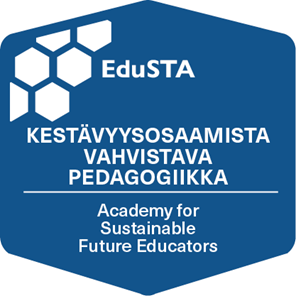
The aggregate badge consisted of two micro-badges: Promoter of Systems Thinking and Activator of Futures Thinking. The Promoter of Systems Thinking can, among other things, plan learning processes that support students’ development of systems thinking, identify learning opportunities, utilize various learning environments, and justify their choices from the perspective of supporting development and the advancement of students’ sustainability skills. (Edusta, 2024)
The Activator of Futures Thinking can, among other things, design learning processes that support the development of students’ future thinking required in their own field, identify learning opportunities, and utilize various learning environments. They strengthen students’ ability to see alternative future scenarios and possibilities for change, support transformative learning, and reflect on their own actions. (Edusta, 2024).
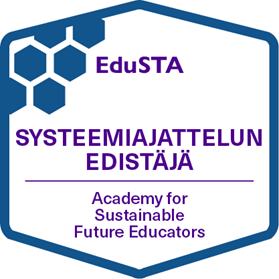
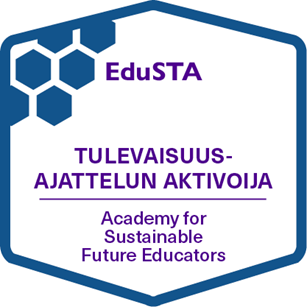
Bringing the Open Badges to our team
In the September workshop, we welcomed visitors from the EduSTA project, where digital badges were introduced to the entire HUBS team. These badges are one tool to strengthen our sustainability competence. The team set a goal for the 2024-2025 academic year: to complete the meta-badge “Building Sustainable Future Competence,” which requires earning several micro-badges. This goal was broken down so that, for example, the Sprint Innovation Festival study course is developed using the badges.
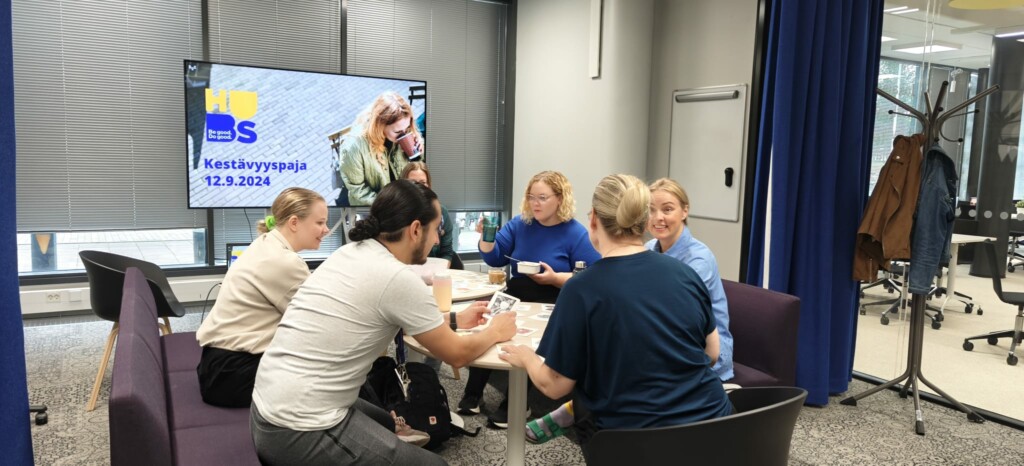
We aren’t pursuing badges just because they’re nice to have, but because they provide a concrete tool for growth. We’ll also welcome visitors from the EduSTA project again at the end of October during HUBS’ weekly meeting to gather feedback on the badges, which adds some timely motivation to complete them!
Lastly, I’d like to say that, at least for me, the badges give me time to reflect on my coaching skills—what kind of competence do I already have, and how do I apply it? How do I approach my coaching work with students? What could I improve, and what new things could I try? This is especially important when thinking about sustainability knowledge and sustainability pedagogy.
Sources
Brauer, S. 2020. Jatkuvaa oppimista osaamismerkein tutkinto- ja oppilaitosrajat ylittäen. https://journal.fi/aikuiskasvatus/article/view/100546/58069
Edusta. 2024. Digital Open Badges. https://projects.tuni.fi/edusta/open-digital-badges
Stories
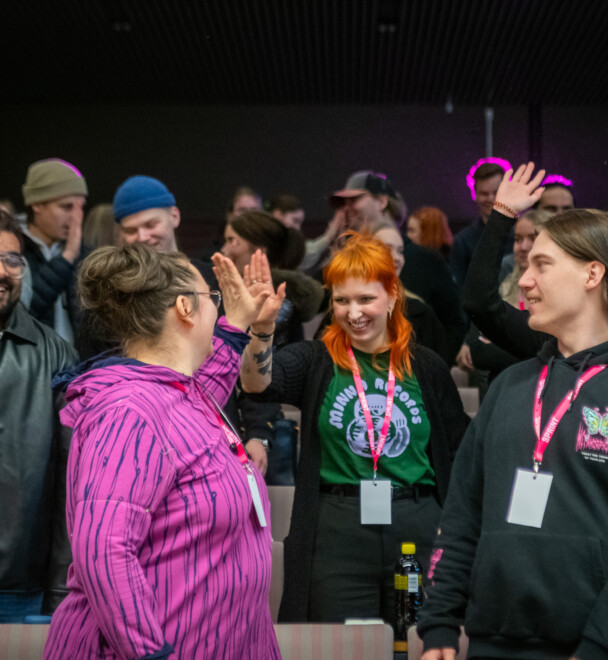
I was surprised by everything I could achieve – Helena’s best Sprint lessons
In this blog, Helena shares practical lessons, surprises, and insights from the Sprint Innovation Festival from the perspective of a participant!
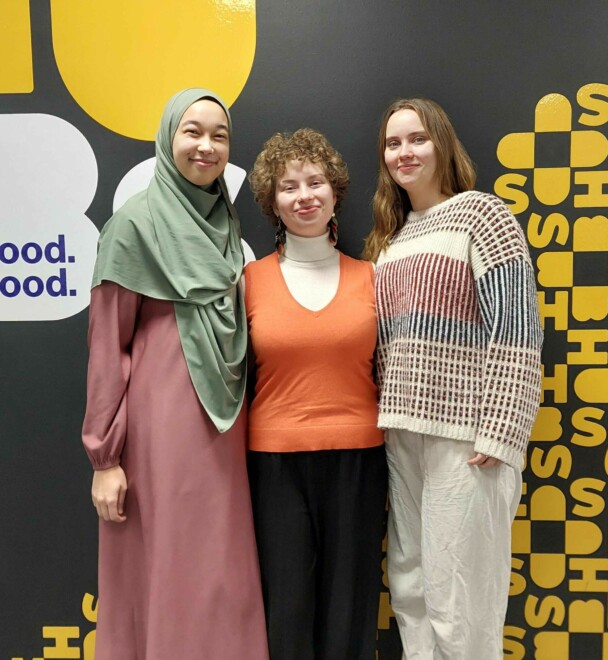
How could a humanities student benefit from entrepreneurial skills?
Discover the perspectives of our student team on entrepreneurial skills from the viewpoint of humanities and social sciences students!
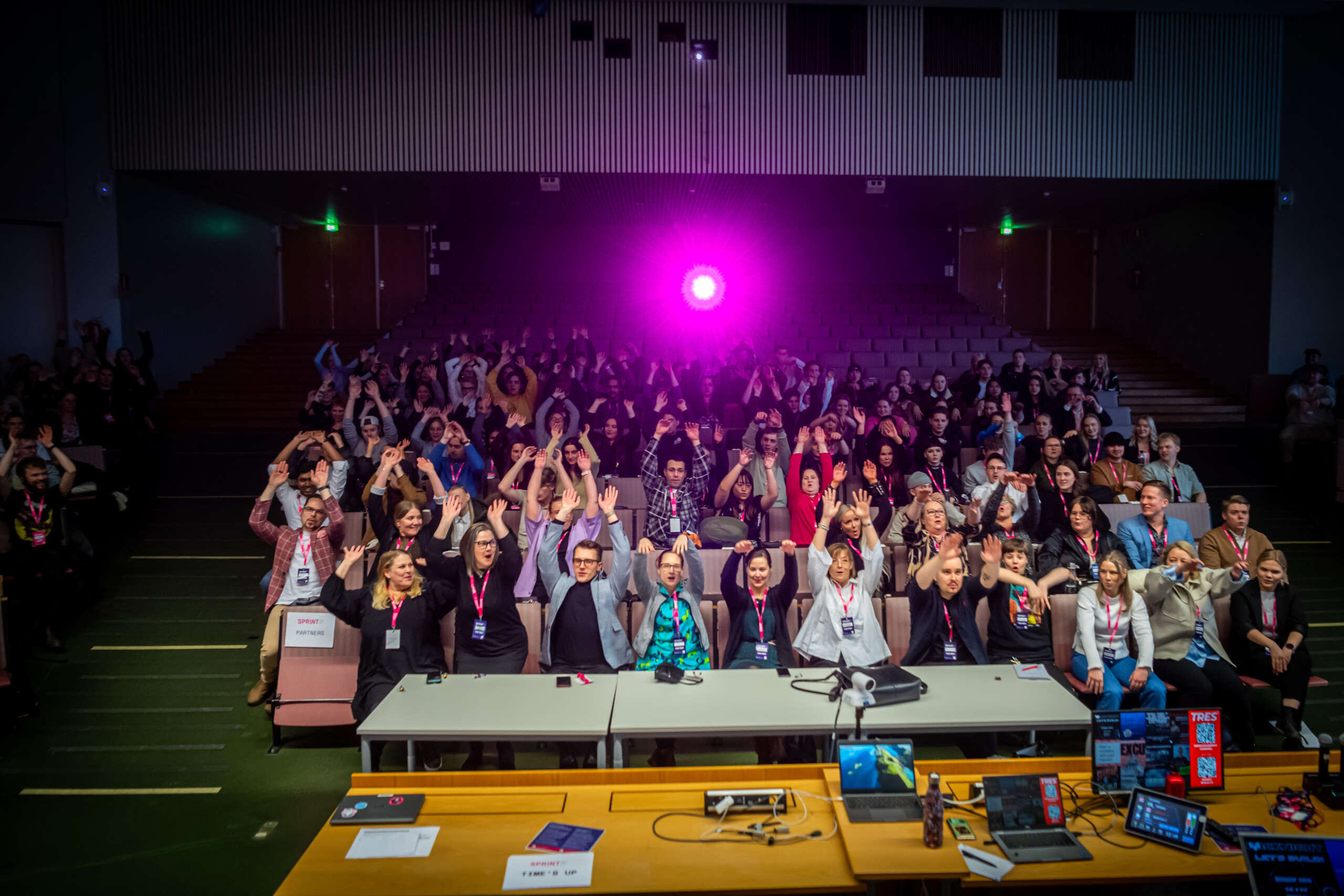
Toward a more Humane Working Life Through Entrepreneurship? Sprint Partner Kasvussa Oy’s story
Why is participating in the Sprint Innovation Festival as a working life partner important for Kasvussa Oy? Founder Noora shares her thoughts!